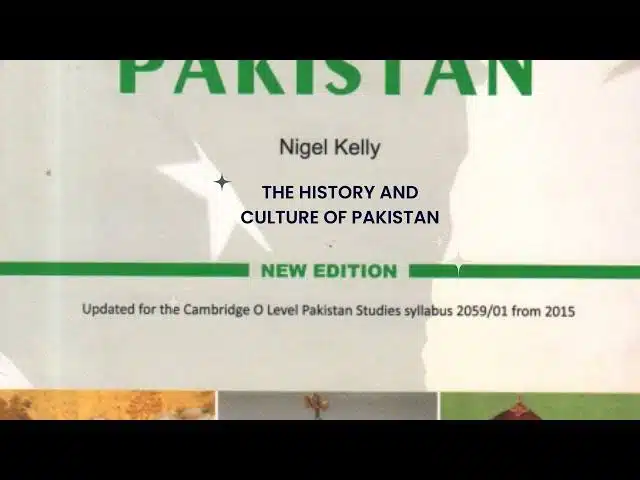
The Punjab government’s recent decision to ban Nigel Kelly’s “The History and Culture of Pakistan” for O-level students has ignited controversy and uncertainty across educational circles. Initially issued in May and reinforced on June 13, the ban by the School Education Department has left students, parents, and educators perplexed.
The abrupt prohibition of this widely-used textbook, without clear explanation from officials, has sparked widespread concern. Parents and students are seeking clarification on why a well-regarded educational resource has suddenly been deemed unfit for study. This move has prompted heated discussions within the educational community about academic freedom and the implications for students’ learning and exam preparation.
The reissued notification underscores the government’s insistence on compliance, directing schools to promptly remove the book from their curriculum and substitute it with approved alternatives. This directive presents immediate challenges for teachers, who must swiftly adjust their teaching materials, and for students, who now face the task of adapting to unfamiliar study resources.
As debates continue over the rationale behind the ban and its impact on education, stakeholders remain anxious about the future implications for both teaching and learning in Punjab’s schools.